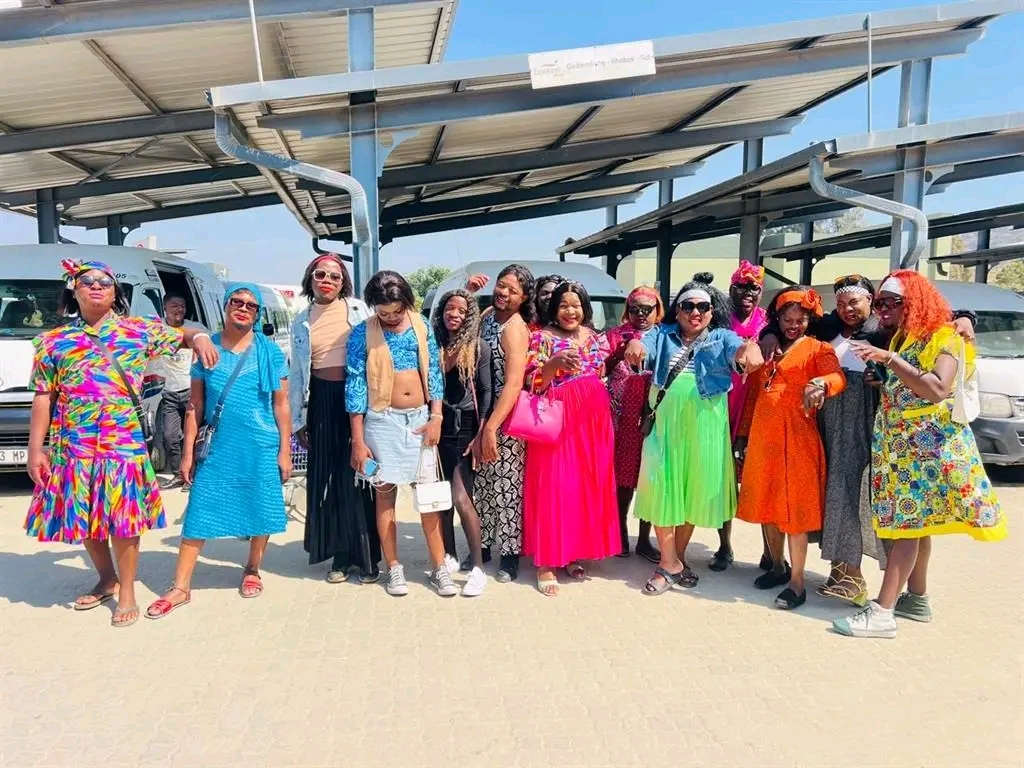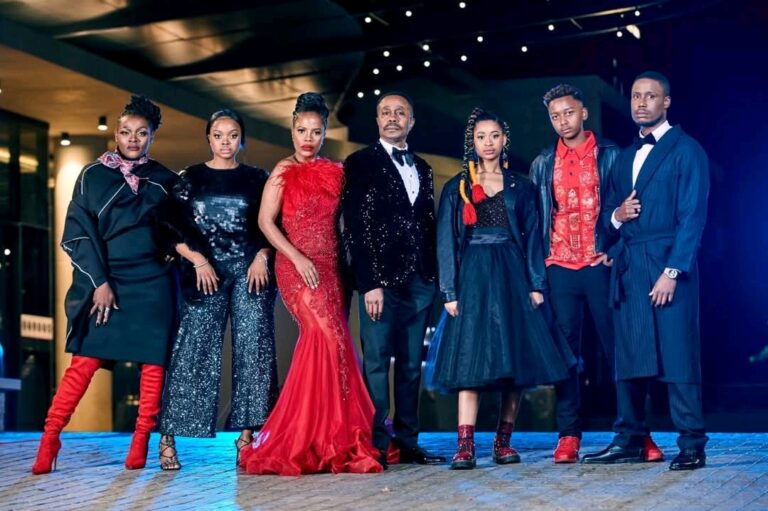
In a heartfelt gesture to celebrate women and raise awareness about gender-based violence and femicide, taxi drivers across Mpumalanga’s Pienaar, KaNyamazane, and Emoyeni communities donned dresses on Friday, 29 August. This symbolic act—part of the event’s second annual edition—saw drivers not only dressing in women’s attire but also distributing sanitary towels to women and girls at three local taxi ranks

Nkosinathi Khoza, a taxi operator based in Emoyeni, explained that his participation stemmed from genuine care for the well-being of women. He emphasized that the initiative was meant to send a clear message to men who abuse women: “This is to show women that we love and care about them. We want to appeal to men who continuously abuse women to refrain. They must instead use that energy to take care of them at home and in the bedroom. We are saying not in our name.”
Jabulani Nkosi, 35, who has been in the taxi industry for a decade, shared that he spent a week preparing his look—with assistance from his friend, a loyal customer, and his niece. Although the action was somewhat delayed from International Women’s Day, Nkosi said: “We decided to celebrate Women’s Day today as we couldn’t celebrate on the actual day. We want to end Women’s Month in style and by dressing like this, we want them to know that we support their daily struggles, and we are against any form of abuse directed at women and children. We appeal to men who still abuse women to stop, it is enough.”

Adding to the emotional impact of the event, John Mavundla, chairman of the Topstar Taxi Association, issued a powerful call to action. He urged men to stand up against other men who harm women and children, saying: “We should stand up against gender-based violence. We must take action and protect our women and children. Today we want to remind women that they are powerful and deserve to be treated well.”
This deeply meaningful initiative not only highlighted the struggles women face but also turned the everyday image of taxi drivers on its head—using empathy, creativity, and public visibility to spark conversation and challenge societal norms. Through a combination of symbolic dress, direct outreach via sanitary towel distribution, and poignant statements, these drivers made it unmistakably clear: violence against women is unacceptable, and respect should be the standard.




